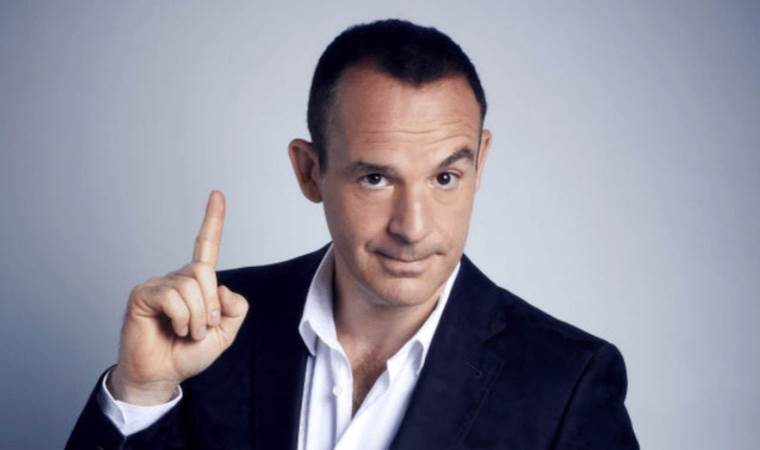Financial expert warns on air fryer energy use
Financial guru Martin Lewis challenges the cost-effectiveness of air fryers versus traditional ovens and microwaves, revealing that the latter may offer a more economical option for cooking. While air fryers gained popularity for their quick and healthy cooking methods, Lewis's insights on The Martin Lewis Podcast suggest a microwave might be cheaper for certain tasks, offering a practical equation for consumers to determine the most cost-effective cooking method.

The Money Saving Expert has weighed in on the trend, which surged during the lockdown as many turned to air fryers to experiment with new recipes.
Back then, we had ample time on our hands. But now, even if you own one, chances are you still incorporate it into your cooking routine, given its reputation for speed, healthiness, and cost-effectiveness compared to traditional ovens.
Seems like a win-win situation, right?
However, financial expert Martin Lewis has dropped some knowledge bombs that might leave air fryer enthusiasts reeling.
In an episode of The Martin Lewis Podcast, he delves into the disparity between a conventional oven and its smaller counterpart. Lewis revealed that an air fryer doesn't always offer the most economical cooking method.
"A microwave, in my opinion, provides consistent heat, whereas an oven gradually heats up to full temperature and then maintains it, rather than operating at full power the entire time," he elucidated.
The 51-year-old asserted, "If you were preparing a full roast dinner and cooking multiple items, that's where using an oven may be more cost-effective than microwaving five or six jacket potatoes, as each additional item in the microwave requires longer cooking time, since the microwave heats each object individually."
But there's a silver lining for air fryer fans. Lewis also pointed out that microwaving a jacket potato for 10 minutes is cheaper than baking it in a large oven for an hour and a half.
For those who relish a bit of number crunching, Lewis provided an equation to determine which method is more cost-effective: "The general equation is to find the wattage of the appliance, calculate how many kilowatts or what fraction of a kilowatt it consumes, and then multiply that by 34p per hour of use."
"The challenge with this equation for heating appliances is that an oven typically consumes about 2,000W," Lewis explained.
He continued, "If you have a 1,000W microwave and you run it for 10 minutes, consuming one kilowatt-hour (KWH) for a sixth of an hour, one-sixth of 34p is approximately 6p, for instance. So, it costs around 6p to operate the microwave for that duration. It's a highly practical equation."
'Which?', a consumer group, also found that for cooking large quantities, the traditional oven method is preferable. However, for smaller quantities using appliances like air fryers, they note, "We've found that these products cost less to cook certain foods than conventional ovens."
